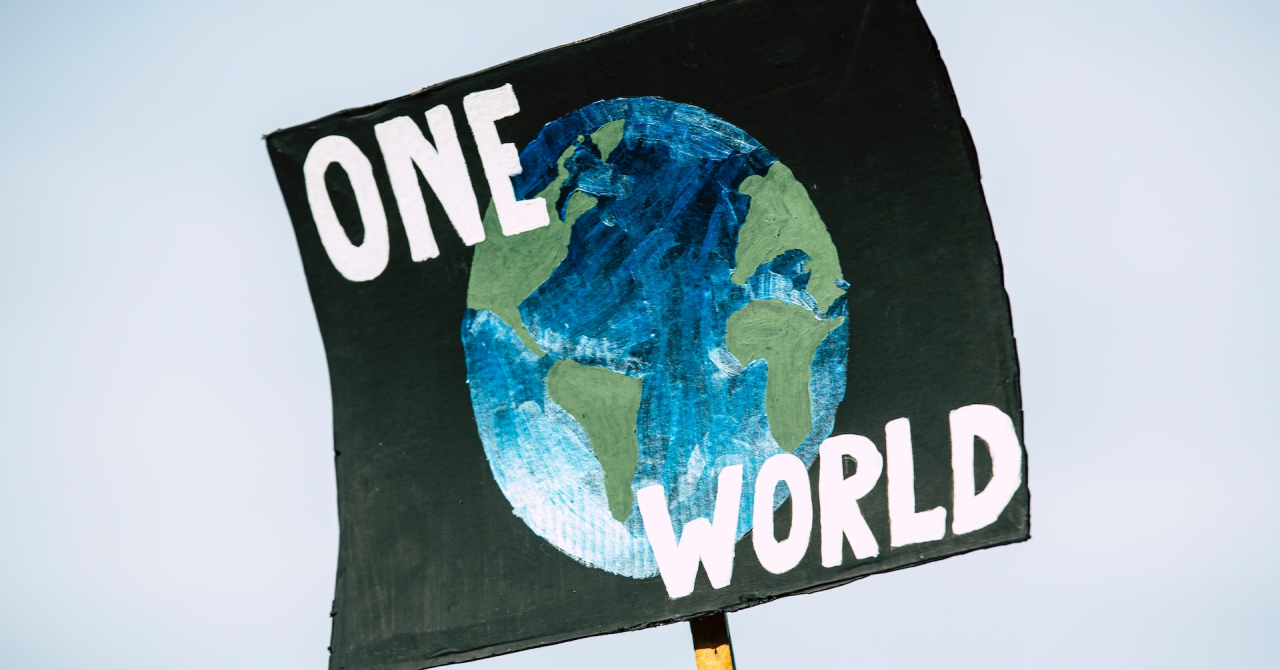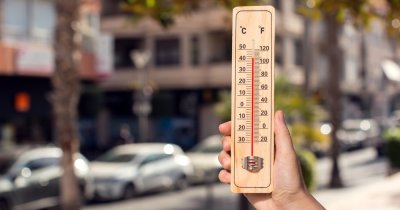What is climate action
The European Commission believes that climate action includes mitigating climate change, adapting to the impact of climate change and understanding what climate change is and how we got in this position in the first place.
Climate action also sits at number 13 in the UN's Sustainable Development Goals and it is all about limiting and adapting to climate change. There are multiple targets world governments have regarding climate action, one of those being building stronger resilience in the face of climate catastrophes, such as floods or storms.

Education and rising awareness also play a major role when it comes to mitigating the effects global warming has on our planet and even slow down its effects in the long run, but also prevent loss of human life in the case of a catastrophe.
Why is climate action important
Climate action is important for multiple reasons, such as limiting and reversing the effects global warming has on our planet, but also to prevent loss of human lives during a catastrophe, such as floods, tornadoes and hurricanes.
While some areas are more prone to certain weather-related disasters, such as southeast Asia is to tsunamis, other parts of the world previously unaffected by such events could be the next to experience them.
Now the waves that would hit cities such as Istanbul and Alexandria would be about one to two meters in height, so they may not seem that dangerous. However, it is important to note that waves that stand at 1.5 to 2 meters tall can lift cars from the ground. Even shorter ones can prove to be very dangerous as they are essentially water walls travelling at 65 km/h.

Preparing the public for such a catastrophe could have huge implications when it comes to saving human life and even limiting the damage that could be caused to the buildings and not only.
Methane is more dangerous than CO2 in this regard, since it is 80 times more powerful than carbon dioxide when it comes to warming the planet, but it has a much more limited lifespan of two decades, compared to hundreds of years.
What climate action can industries take
Industries have a great responsibility when it comes to tackling climate change, but they can also have the power to change many things, depending on the sector we are talking about.
Automotive companies, for example, can take climate action by improving the way the manufacture their vehicles, from implementing recycled components, such as batteries and plastics, to using green steel when making the chassis.

Carmakers can also insist on recycling EV batteries and even cells from other applications to get the necessary materials to build new units.
Carbon neutral fuels can be a solution, alongside batteries and hydrogen, towards a more sustainable transport sector.
This is the secret towards climate action, there is no single solution that solves it all, but rather multiple solutions that will enable us to reach our climate goals.
The energy sector also has an important mission to reduce emissions from generating electricity and heating for various industries and household owners.
It has one of the cheapest and more readily-available solutions to adopt climate action, in the form of renewable power sources, such as solar panels and wind turbines.
Public transport operators can also implement climate action by using less polluting alternatives, such as electric buses, coaches, hydrogen powered trains and even battery-powered planes.
What climate action can individuals take
As stated before, climate action is a team effort, which means that everyone must get involved for us to succeed. Individuals can change their lifestyle and become more aware of how their choices affect the environment, which can help them become more sustainable.

The next step in taking climate action as an individual is eating more vegetables. Your parents probably told you when you were a kid that vegetables are good for you and that's true, but they also massively help the planet. As a good amount of farming's methane comes from rising livestock for meat production, vegetables are a crucial alternative that can help us offset the effects of climate change.
Reusing, repairing and recycling is another great habit for taking climate action as an individual, as these can save you money in the long run and you can also help companies recover critical materials, instead of having them mined fresh.
If you have an older TV that doesn't suit your needs anymore, sell it or give it away to a relative that may still appreciate what it has to offer and same goes for your old laptop and phone, since these are being replaced quite often.
If you are more of a DIY person, there are companies such as Fairphone that offer smartphones which can be easily repaired in case something breaks or your battery is not holding up anymore. You can read our exclusive interview with one of Fairphone's representatives, who told us more about the company's sustainability goals and how customers can make the most out of their mobile devices.
Whether we're talking about industries or individuals, all of us can take part in climate action and change the planet for good, by reducing energy consumption, using alternative power sources and travelling with low or no-emissions transport solutions.
 Mihai - Cristian Ioniță
Mihai - Cristian Ioniță












Any thoughts?